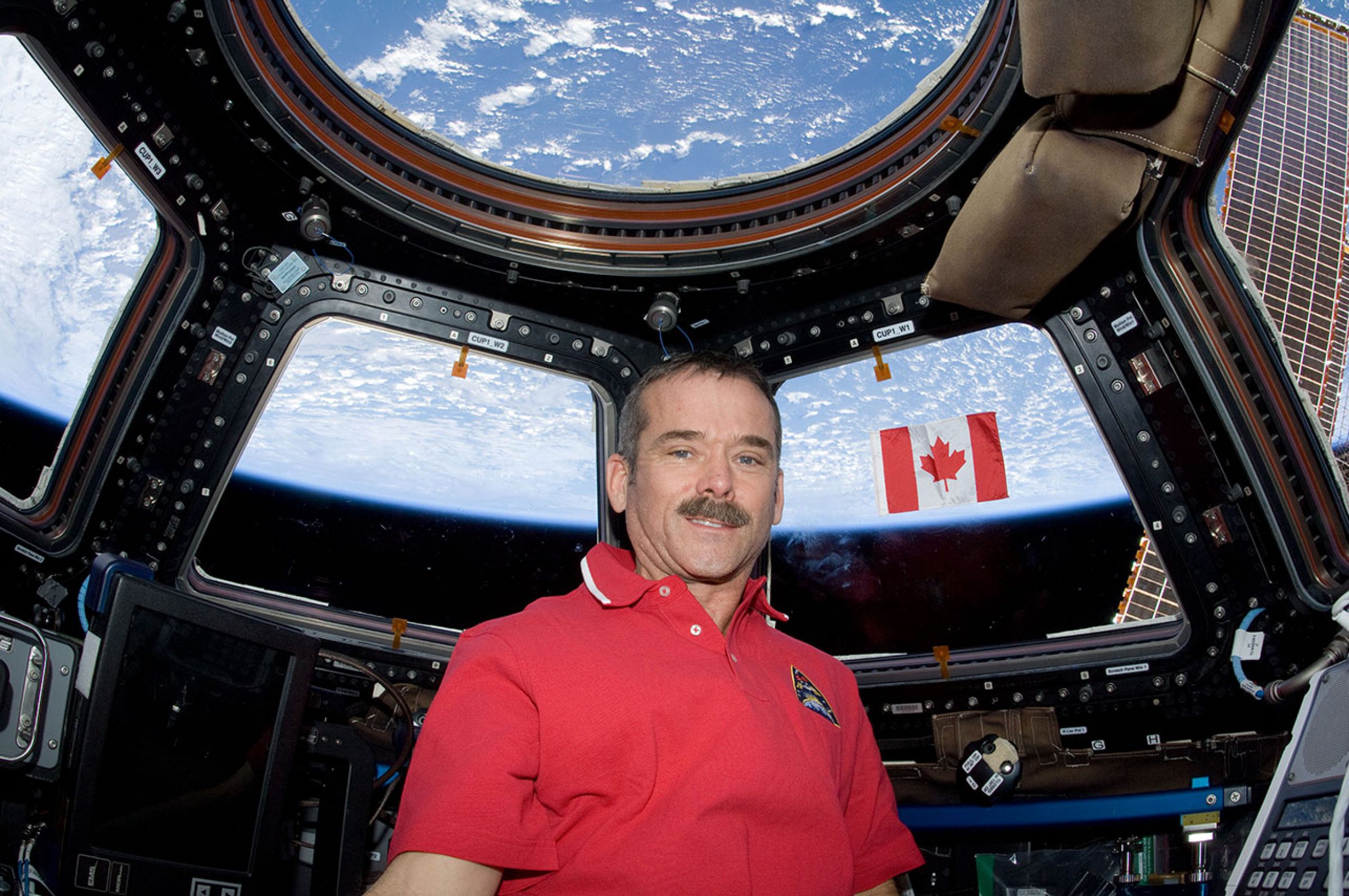Unsung Success
As you may or may not know, I’m a bit of a space enthusiast. I just finished reading Chris Hadfield’s book, An Astronaut’s Guide to Life on Earth. It’s a fantastic read filled with a ton of thought-provoking monologues, even for those not so interested in space.
My mind keeps coming back to this gem nearly every day:
Success is feeling good about the work you do throughout the long, unheralded journey that may or may not wind up at the launch pad. You can't view training solely as a stepping stone to something loftier. It's got to be an end in itself.
Chris Hadfield

Chris Hadfield in the Cupola.
Obviously, Chris’ situation is a bit different than a developer’s. He prepares relentlessly for a mission that may or may not happen. He could train for years in simulators and run through the mission thousands of times in his head, but may never get to leave Earth due to somewhat unpredictable governmental space policy.
Even so, there’s still something about viewing training as something larger and success as something smaller that has a place in everyone’s life. We get caught up in thinking that success only comes when you’re standing at the end of a journey looking back.
But what about all the little victories along the way? The gritty parts of work are what separate the good from the great. Appreciate the nuances in your work that only those with expertise can recognize.
Always Be Learning
Celebrating your unsung victories is only one part of Chris’ message, though. Most people look at his years of training and think, “It must be awfully tedious to run through that simulation for years on end. How do you stay interested?” But Chris sees it as more than just training. Everything he does to prepare for a mission is an opportunity to learn.
It may be his 100th time through the spacewalk simulation, but now the major things are second nature, so he can focus his energy on the minor details and on new techniques. That shift of focus may teach him something that could save his life when he’s 260 miles above Earth traveling at 17,100 miles an hour.
We can learn from Chris and fight tedium in our work in just the same way. We could sit back and coast through “just another CMS build,” or we could try new things—technologies, techniques, or processes.
There’s always a way to take a straightforward, simple project and inject something new, however small it may be. Experimenting in an environment that you know like the back of your hand is the most rewarding, because, like Chris in the simulation, it allows you to focus all your energy on learning something new.